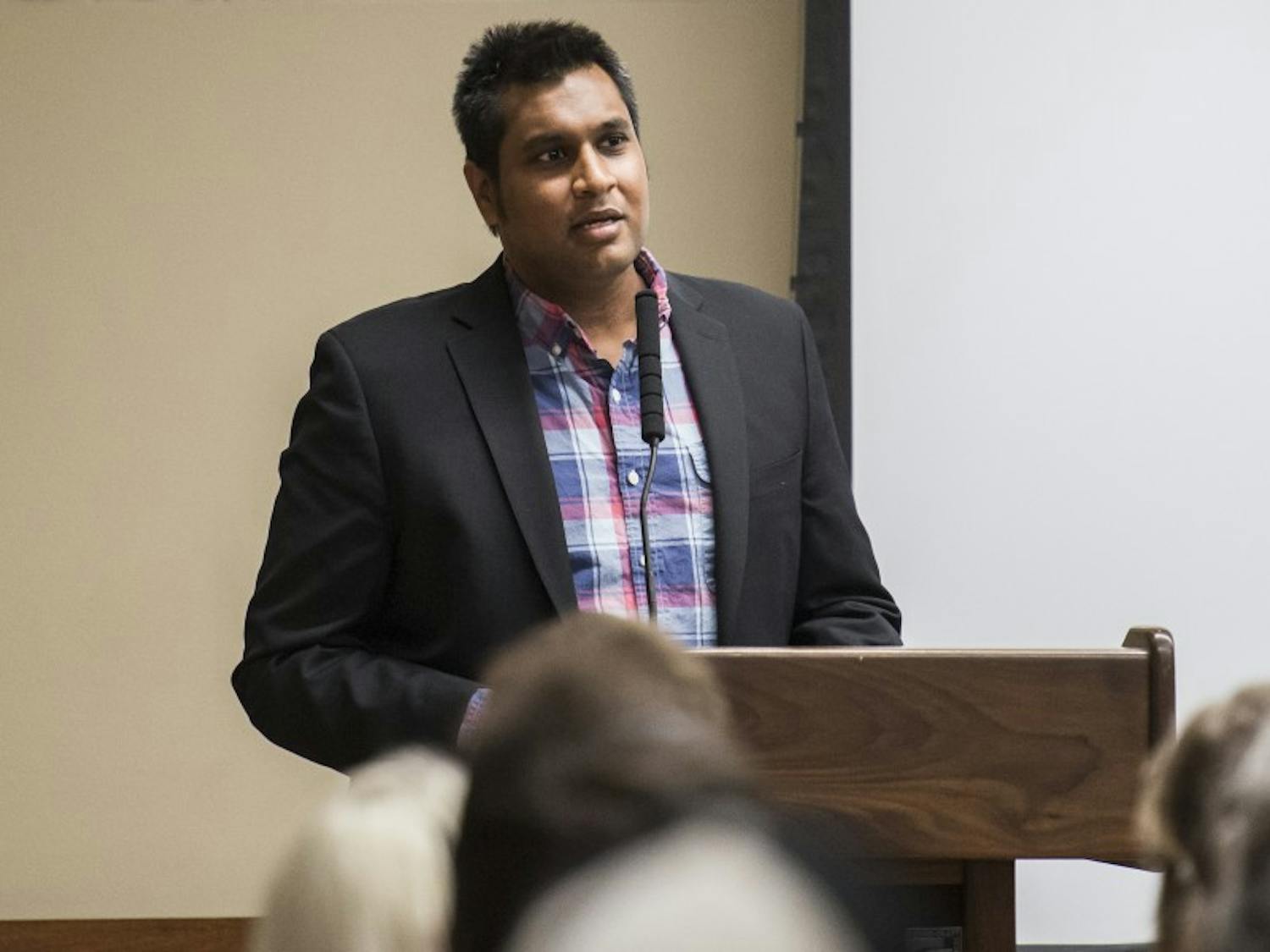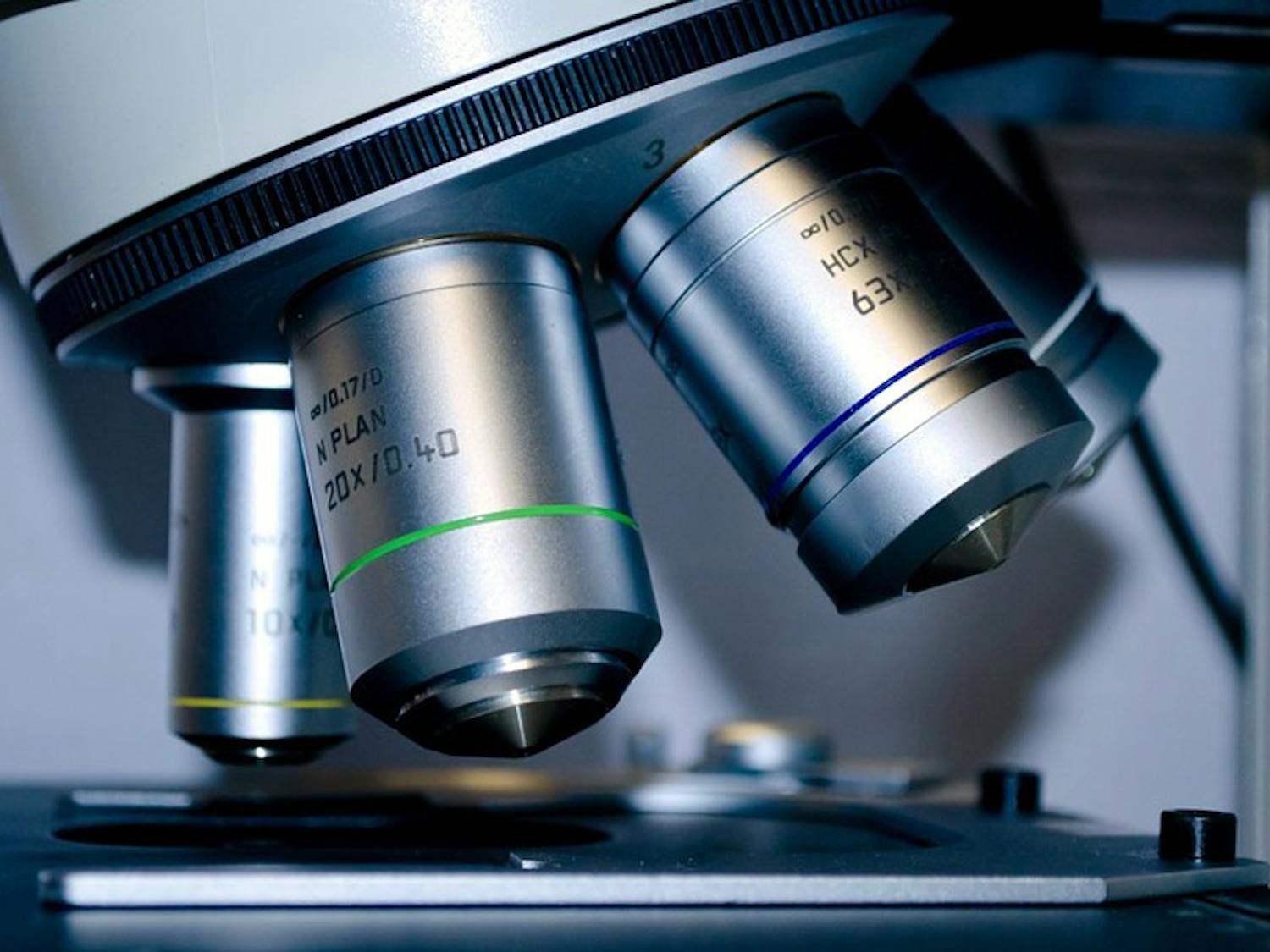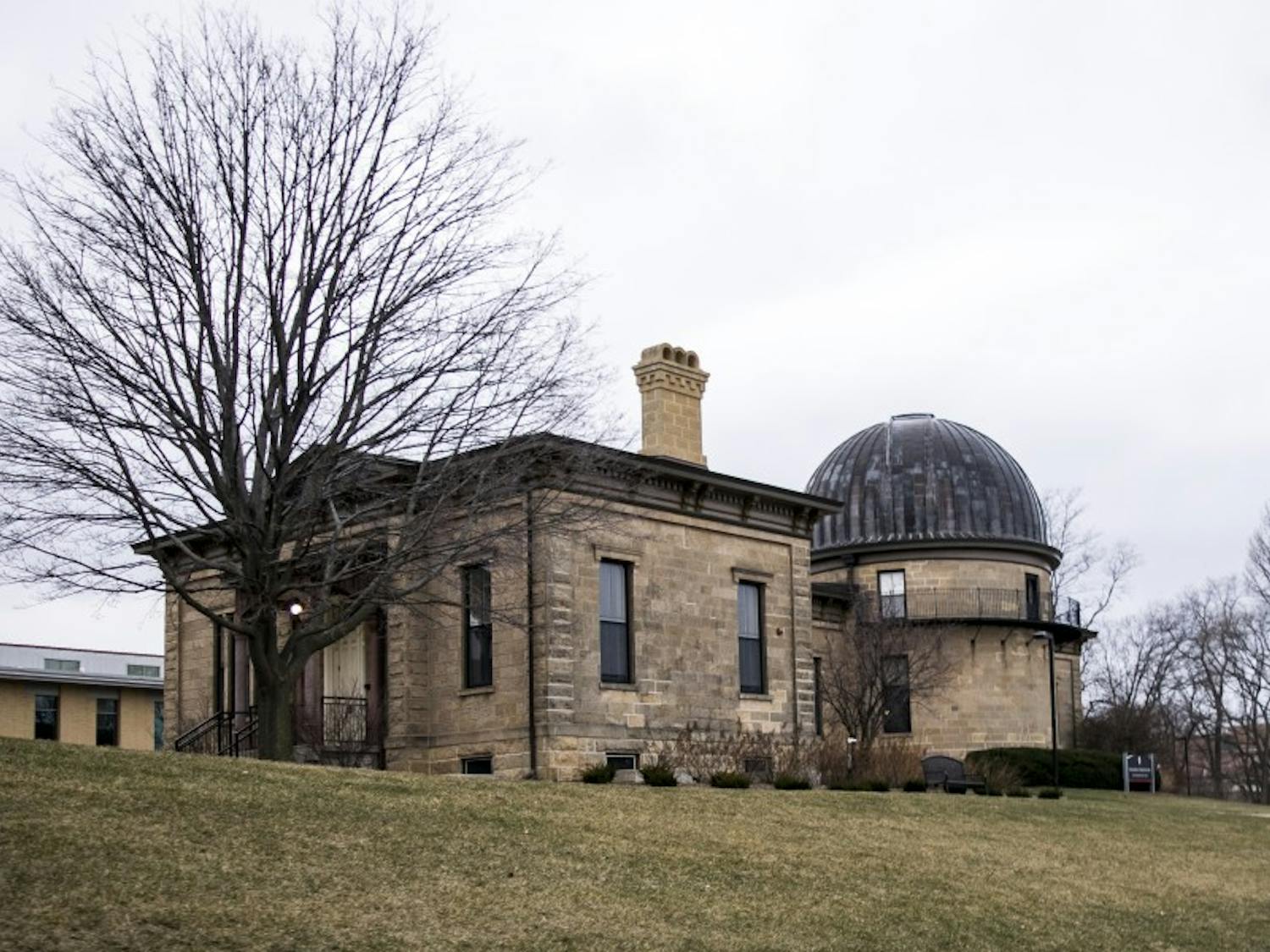Worms invade Wisconsin soils, potentially harm plants
By Julie Spitzer | Sep. 12, 2016While earthworms are generally welcomed in soils for their ability to break down dead leaves and other organic matter into nutrients the plants can absorb, the invasive Asian jumping worm does so at an astounding rate, potentially accelerating the losses of nutrients from soils and harming native plants.











